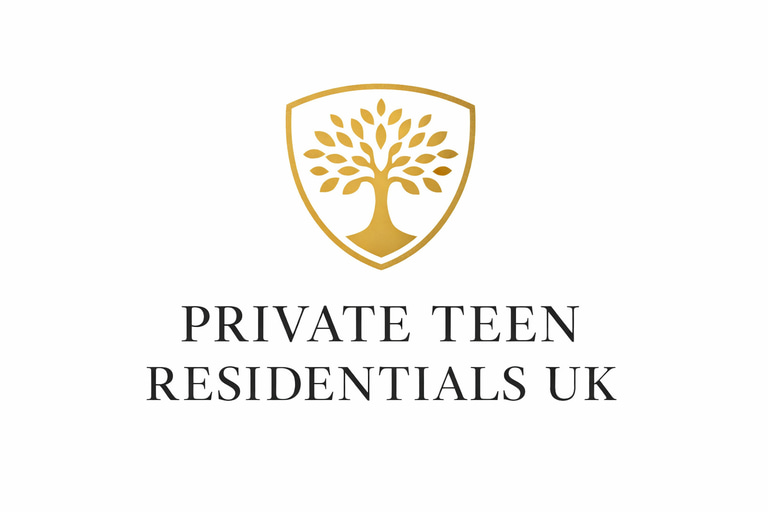Understanding the Role of a Behavioural Consultant for Your Teenager


Introduction: Recognizing the Need for Specialized Support
As parents, navigating the mental health landscape for our teenagers can be daunting. Many families wonder when it is appropriate to seek alternative methods of support, particularly when traditional therapy appears insufficient. Understanding the role of a behavioural consultant offers valuable insights into more structured and results-driven approaches tailored to meet specific needs.
When Traditional Therapy Falls Short
Counselling and therapeutic interventions often focus on emotional processing and coping strategies. While these methods are incredibly beneficial for many adolescents, there are instances where such approaches may not yield the desired outcomes. If your teenager struggles with behavioral issues, impulsivity, or specific learning challenges, traditional therapy may not adequately address the practical aspects of their struggles.
In these situations, families frequently ask, “How do I know if my teenager needs a behavioural consultant instead of a counsellor or therapist?” Understanding the distinctions between these professionals is essential for determining the right path for support.
The Advantages of Working with a Behavioural Consultant
A behavioural consultant typically offers a more hands-on approach that focuses on modifying specific behaviors and improving daily functioning. Unlike traditional therapy, which may emphasize emotional exploration, a behavioural consultant employs structured strategies that are clear, measurable, and tailored to the individual’s requirements.
Some key benefits of engaging a behavioural consultant include:
- Practical Solutions: Behavioural consultants work collaboratively with families to create actionable plans that engage both the teenager and their family unit. This focused approach encourages real-world application and integration of new strategies into daily life.
- Skill Development: Many behavioural consultants emphasize skill-building, enabling teenagers to develop essential life skills. This may include social skills training, academic focus, and coping mechanisms that directly contribute to improved self-management.
- Data-Driven Results: By employing an evidence-based strategy, behavioural consultants are able to track progress and make necessary adjustments, ensuring effective outcomes over time.
How to Transition from Therapy to Consulting
For families considering this transition, first assess the specific challenges your teenager is experiencing. Initiating a conversation with a healthcare provider can also provide clarity about the appropriate direction to take. It is important to look for professionals who are not only qualified but also have experience working with adolescents facing similar issues.
In conclusion, understanding when a behavioural consultant may be necessary rather than traditional therapy can empower families to seek the right support for their teenager. By taking decisive action and engaging with professionals who prioritize practical intervention, families can foster positive changes that pave the way for a healthier adolescent journey.


